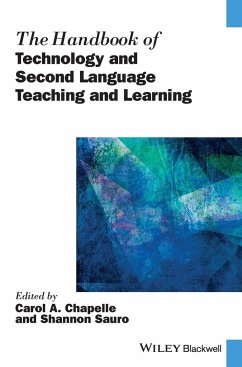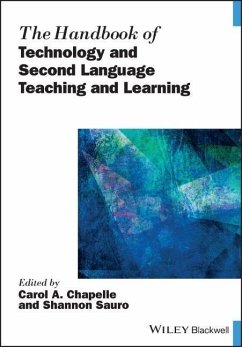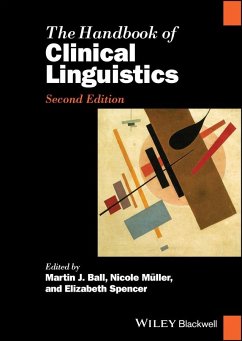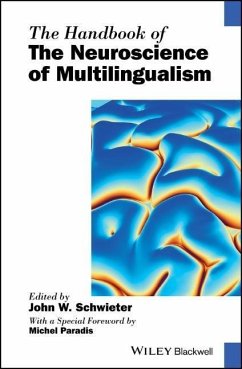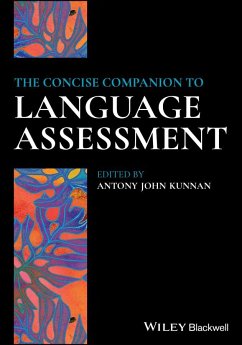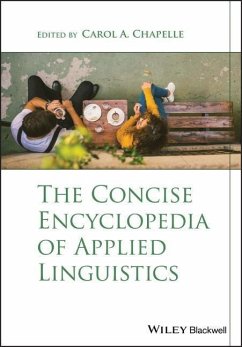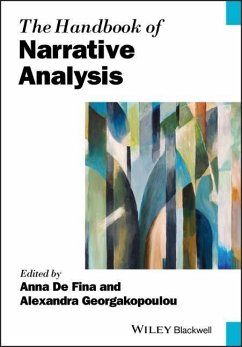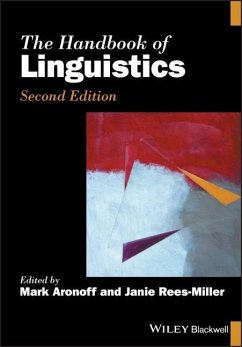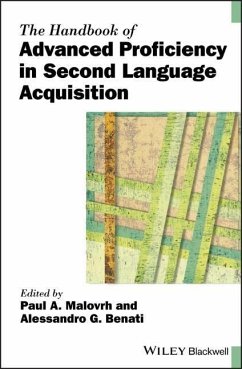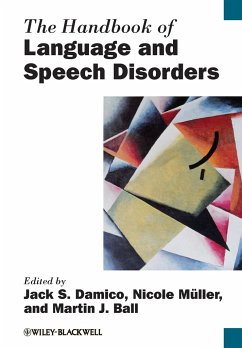
The Earliest Stages of Language Learning
Versandkostenfrei!
Versandfertig in über 4 Wochen
47,99 €
inkl. MwSt.

PAYBACK Punkte
24 °P sammeln!
To understand the nature of language learning, the factors that influence it, and the mechanisms that govern it, it is crucial to study the very earliest stages of language learning. This volume provides a state-of-the art overview of what we know about the cognitive and neurobiological aspects of the adult capacity for language learning.
This volume provides a state-of-the art overview of what we knowabout the cognitive and neurobiological aspects of the adultcapacity for language learning.
Brings together studies from several fields that examinelearning from multiple perspectives using various methods
Covers linguistic domains ranging from phonology and semanticsto morphosyntax
Will inform and extend further studies of language learning inmultiple disciplines
Brings together studies from several fields that examinelearning from multiple perspectives using various methods
Covers linguistic domains ranging from phonology and semanticsto morphosyntax
Will inform and extend further studies of language learning inmultiple disciplines



